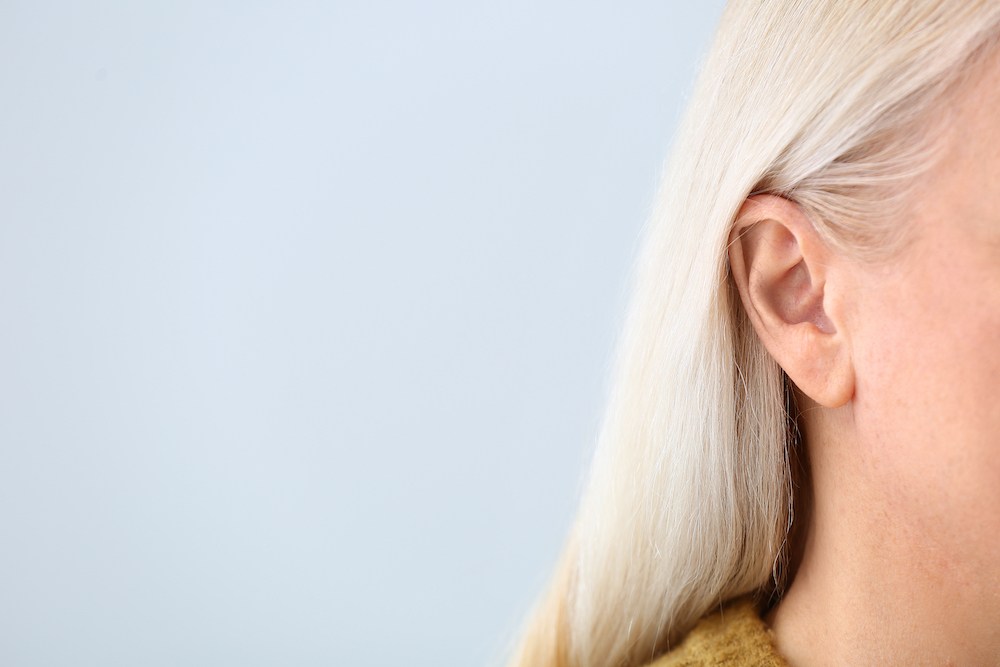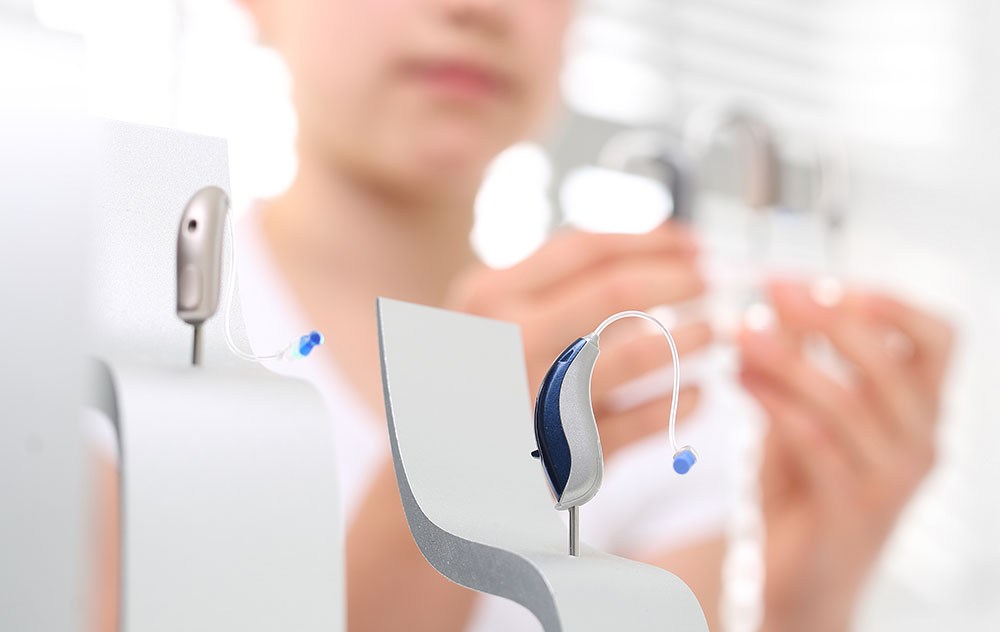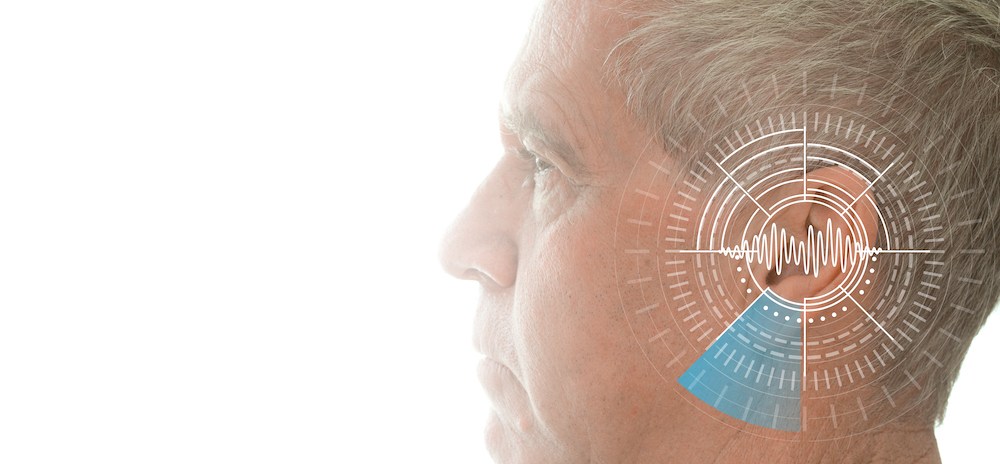The Dos and Don’ts of DIY Hearing Aid Repairs
Hearing aid repairs are a last resort but necessary as they become worn


Hearing aid repairs are a last resort but necessary as they become worn

For many individuals, hearing loss can disrupt daily life. Fortunately,

There are some quick fixes for temporary tinnitus that can get you through